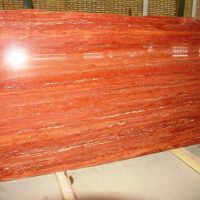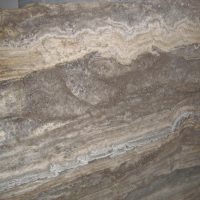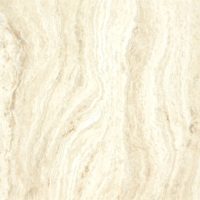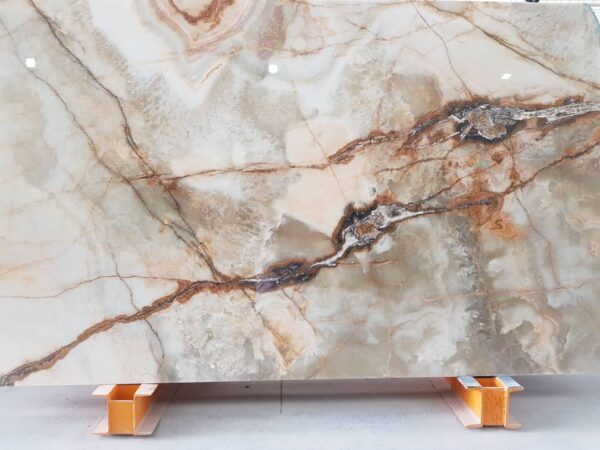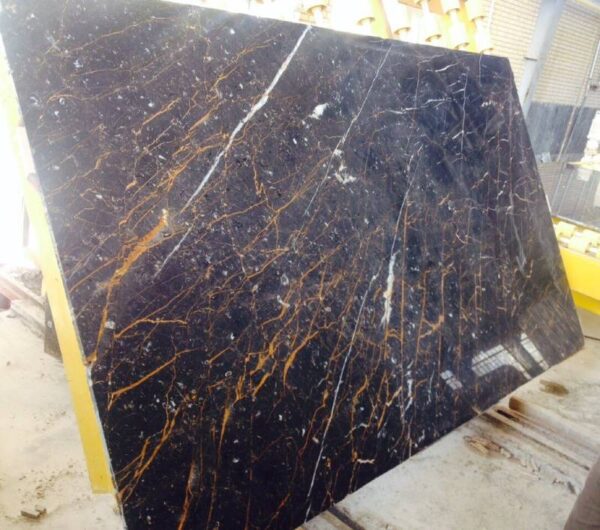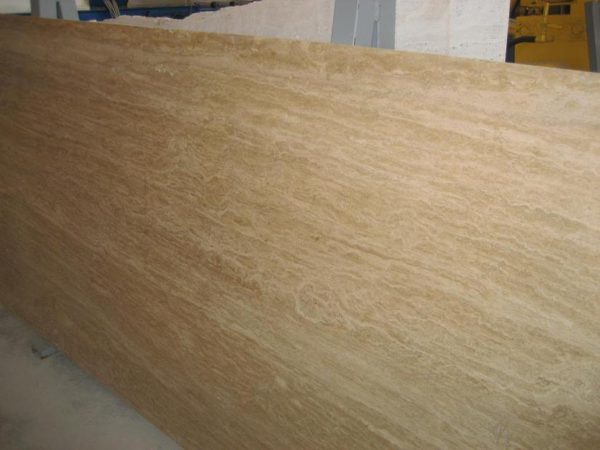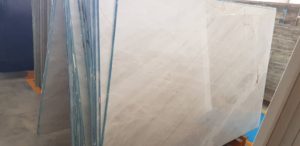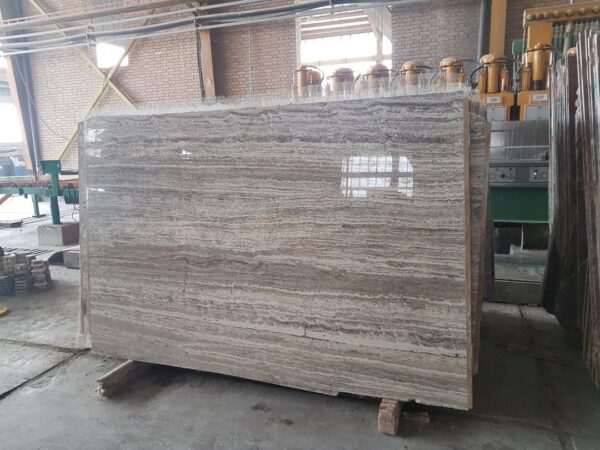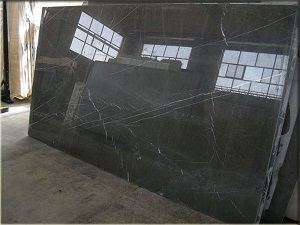A Complete Guide for Homeowners
Understanding Travertine and the Need for Fillers
Travertine is a popular natural stone known for its beauty and durability, often used in flooring, countertops, and outdoor spaces. However, due to its porous nature, travertine can develop cracks and holes over time, leading to a need for effective fillers. Choosing the best travertine filler is essential for maintaining the stone’s aesthetic appeal and longevity. This guide explores the top fillers available, their benefits, and how to apply them effectively.
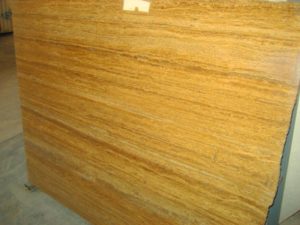


Why Use Travertine Filler?
Using a filler on travertine offers several advantages that can enhance both its appearance and performance:
- Restores Aesthetic Appeal: Cracks and holes in travertine can detract from its natural beauty. A quality filler can seamlessly blend with the stone, restoring its original look and enhancing the overall design of your space.
- Prevents Further Damage: Filling cracks and holes helps prevent moisture from seeping into the stone, which can lead to more extensive damage over time. By addressing these issues promptly, you can extend the life of your travertine surfaces.
- Enhances Durability: Using a reliable filler can enhance the strength and durability of travertine, making it more resistant to everyday wear and tear.
- Easy Application: Most travertine fillers are easy to apply, allowing homeowners to tackle minor repairs without the need for professional assistance. This makes maintenance more manageable and cost-effective.
Top Travertine Fillers on the Market
Here are some of the best travertine fillers available that cater to various needs:
- Aqua Mix Stone and Tile Repair: This epoxy-based filler is highly recommended for its durability and strong bonding capabilities. It effectively fills cracks and voids while providing a water-resistant barrier. The product is available in various colors, making it easy to find a match for your travertine.
- Stone Care International Travertine and Marble Filler: This filler is designed specifically for natural stones like travertine and marble. It features a flexible formula that adapts to the movement of the stone, ensuring a long-lasting repair. Additionally, it can be sanded and polished for a seamless finish.
- Tremco Illbruck M-1 Adhesive: Known for its excellent adhesion properties, this filler is ideal for larger gaps and cracks. It is a polyurethane-based sealant that offers flexibility and durability, making it suitable for both indoor and outdoor applications.
- Custom Building Products Flexbond: This flexible, polymer-modified mortar is an excellent choice for travertine installations. It provides a strong bond and can be used as a filler for cracks while ensuring the longevity of your travertine surfaces.
iran travertine stone slab or tiles for wholesale and export
How to Apply Travertine Filler
Applying travertine filler is a straightforward process, but it’s essential to follow these steps for the best results:
- Clean the Area: Start by thoroughly cleaning the surface around the crack or hole. Remove any dirt, dust, or debris to ensure proper adhesion. You may use a damp cloth and let the area dry completely.
- Choose the Right Filler: Select a filler that matches the color of your travertine and is suitable for the specific repair you need.
- Apply the Filler: Using a putty knife, carefully apply the filler into the crack or hole. Press firmly to ensure it fills the void completely. Smooth the surface for a seamless finish.
- Allow to Cure: Follow the manufacturer’s instructions for curing time. Allow the filler to set adequately before walking on or using the surface.
- Finish the Surface: Once cured, you can sand and polish the area if necessary to match the surrounding travertine.

